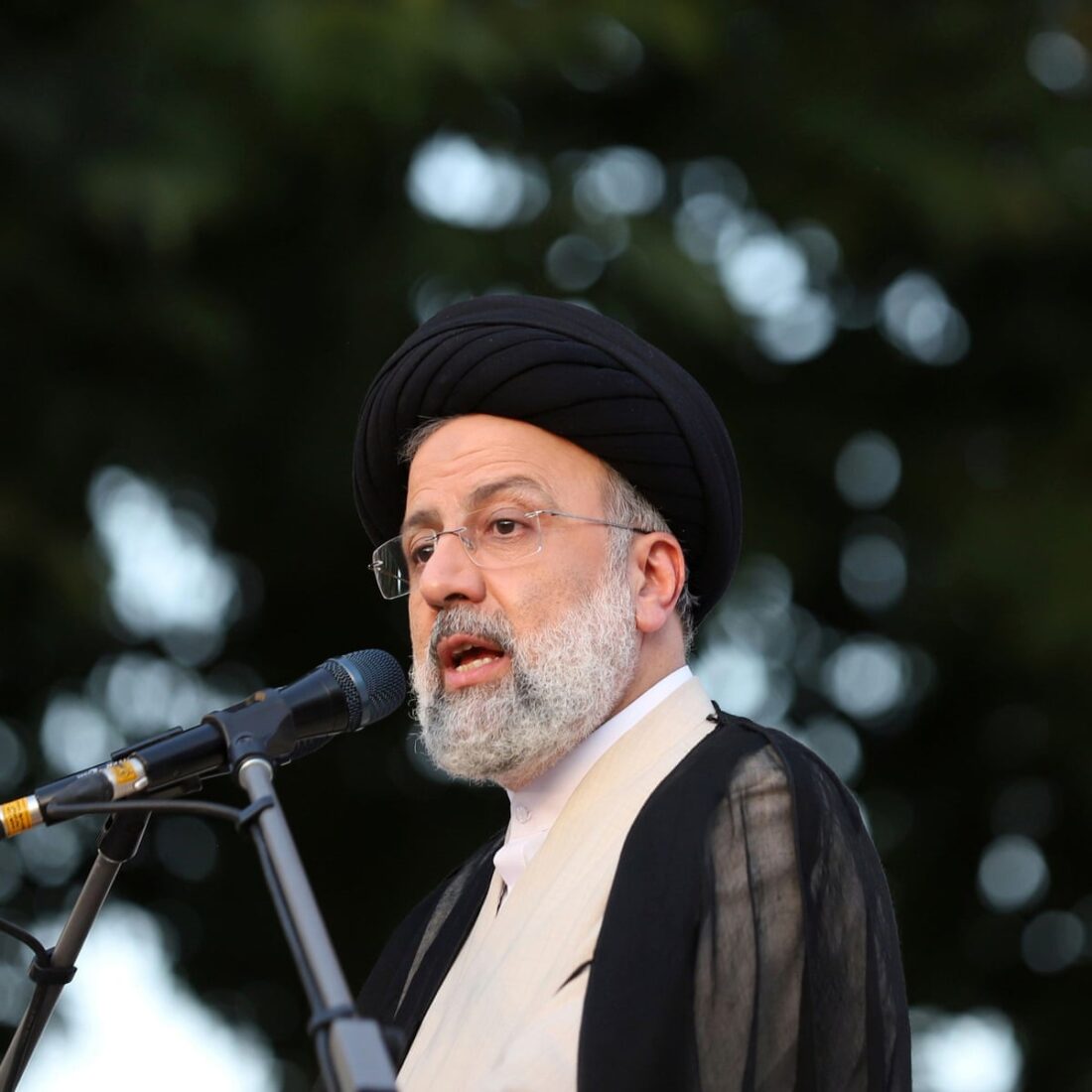President Joe Biden has been saying for months now that the United States’ return to the 2015 Iran nuclear agreement will be no simple matter.
He is correct, of course.
Biden’s predecessor, Donald Trump, rashly withdrew from the agreement in 2018 and then proceeded to impose almost 2,000 sanctions on Iran and launch a campaign of “maximum pressure” against the Iranian regime.
By way of response, Iran willfully violated the terms of the agreement, a development that stirred tension in the region and caused anxiety and uncertainty in the international community.
The Biden administration is seeking to remedy the mess Trump created by trying to craft a better, or “longer and stronger,” agreement, which obligated Iran to freeze its nuclear program in exchange for sanctions relief. Since April, the signatories — Iran, the United States, Britain, France, Germany, Russia and China — have discussed the problem in six rounds of talks in Vienna.
U.S. diplomats hope that once Iran complies with the agreement and sanctions are correspondingly lifted, it can be extended sufficiently far into the future to assure countries like Israel, Saudi Arabia and the United Arab Emirates that Iran will not be able to build a nuclear arsenal.
If the agreement is revised to everyone’s satisfaction, the United States and its allies can push for a broader accord that would rein in Iran’s hegemonic and destabilizing activities in the Middle East and restrict its ballistic missile program, both of which are immense causes of concern, particularly in Israel and Saudi Arabia.
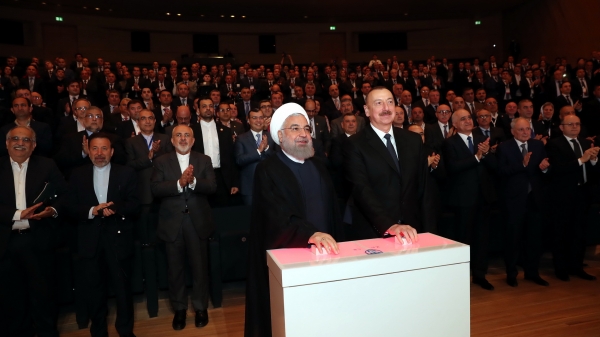
Iran’s outgoing president, Hassan Rouhani, was apparently willing to examine these contentious issues within the context of the existing agreement. His ultra-conservative successor, President-elect Ebrahim Raisi, who officially takes office in August, has apparently adopted a new and disturbing policy.
Shortly after winning the election, Raisi — the hand-picked candidate of Iran’s supreme leader, Ayatollah Ali Khamenei — categorically rejected the U.S. demand for such add-ons. At his first news conference, he said, “Regional issues and missiles are not negotiable.”
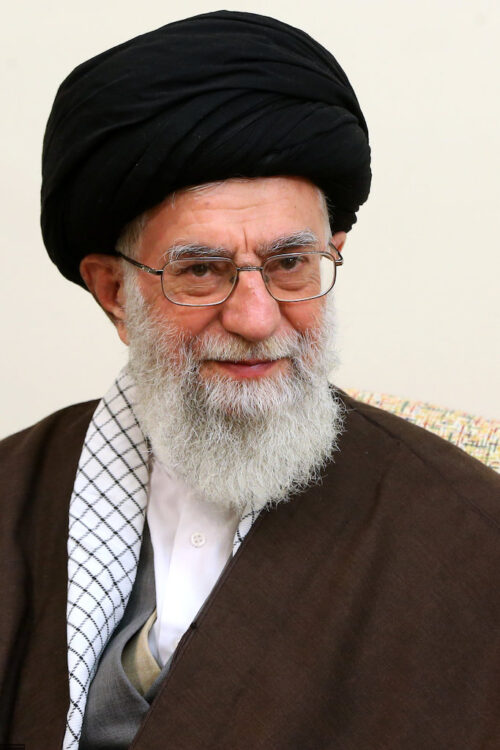
Raisi’s recalcitrance may be nothing more than mere political posturing. His position, though, is hardly new or surprising. During the presidential campaign, he pledged that these issues, which fall outside the parameters of the agreement, were not up for discussion.
In enunciating this view, Raisi was faithfully echoing the opinion of his hardline mentor and patron, Ayatollah Khamenei, the final arbiter of Iran’s foreign policy.
Raisi, however, wishes to return to the original agreement, if only because it aligns with his domestic agenda. He campaigned on a platform of improving the economy, which has been devastated by U.S. and European sanctions. If the United States removes its crippling sanctions, especially those that have adversely affected the export of Iranian oil abroad, he will be free to fulfill his electoral promise.
The talks in Vienna have reportedly reached a critical juncture.
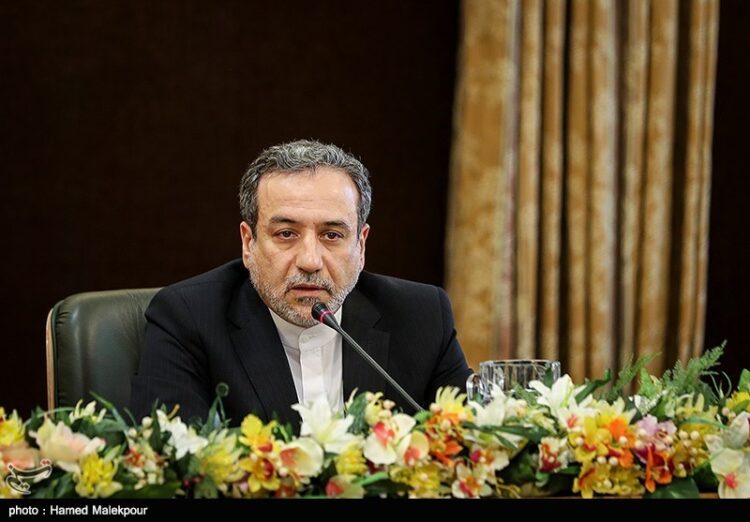
“We are now closer to an agreement than ever before,” said Iranian Deputy Foreign Minister Abbas Araghchi a few days ago. “But it is not an easy task to close the distance currently between us and an agreement. At this point, it is clear which fields, which actions, are possible and which are not. Therefore, it is time for all sides, especially our counterparts, to be able to make their final decision.”
The European Union representative at the talks, Enrique Mora, essentially agrees with Araghchi’s assessment. As he put it recently, “We are closer to a deal, but we are not still there.”
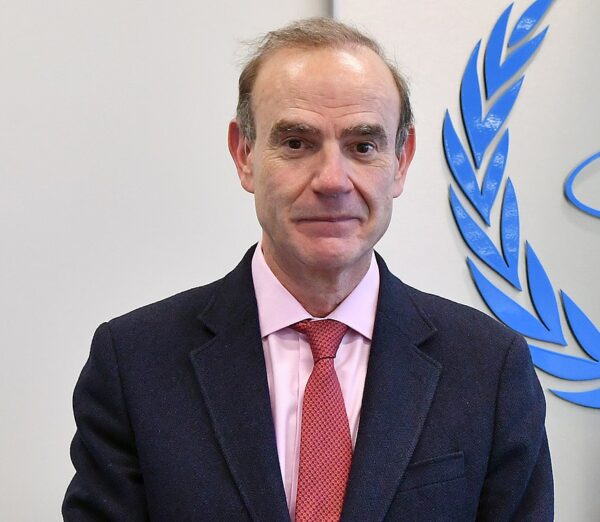
Mikhail Ulyanov, the Russian envoy, has acknowledged that “significant progress” has been made in the past three months, but that “a few controversial points require political decisions.”
Given Raisi’s unhelpful comments, it is questionable whether the agreement can be salvaged, much less improved in the weeks or months ahead.
In the meantime, Israel’s new prime minister, Naftali Bennett, has said he opposes the reentry of the United States into the agreement and will do everything possible to prevent Iran from acquiring nuclear weapons. Israel’s top general, Aviv Kohavi, reiterated these points when he visited Washington this week.
Biden will have to take Israel’s position into account as the talks in Vienna edge closer to an end point.
